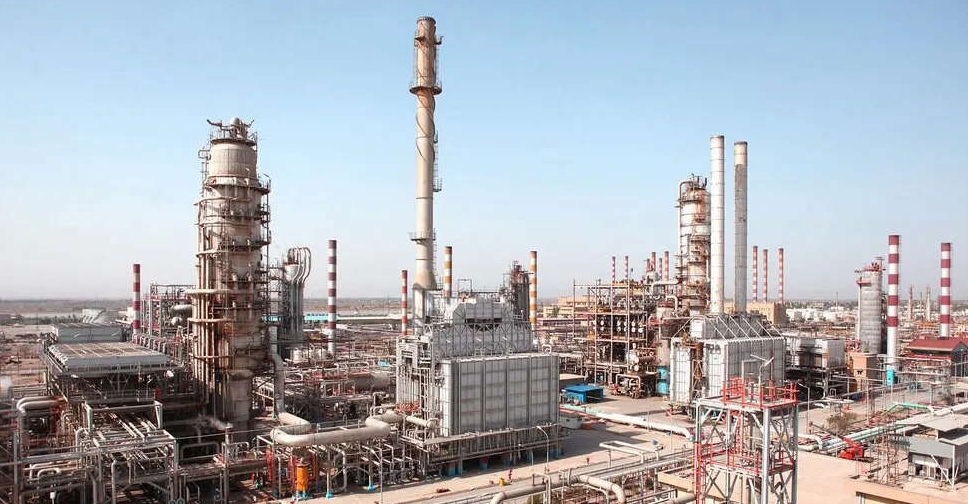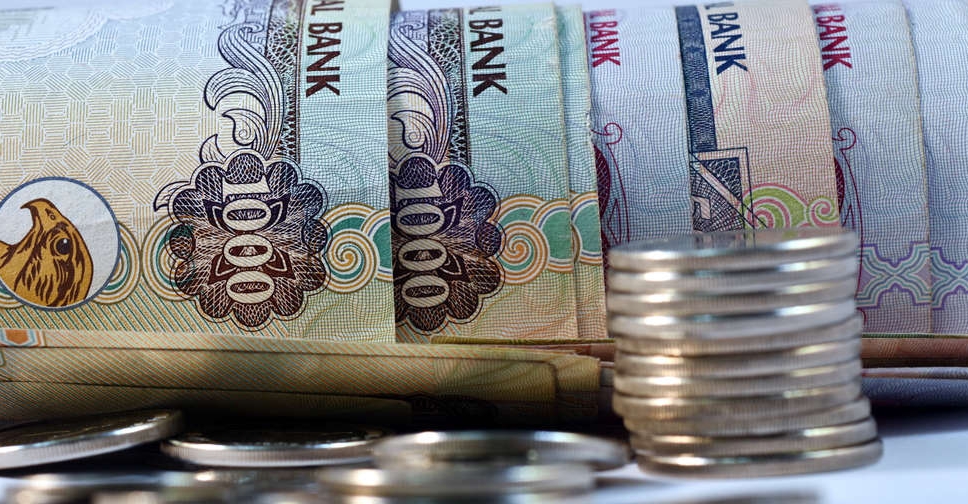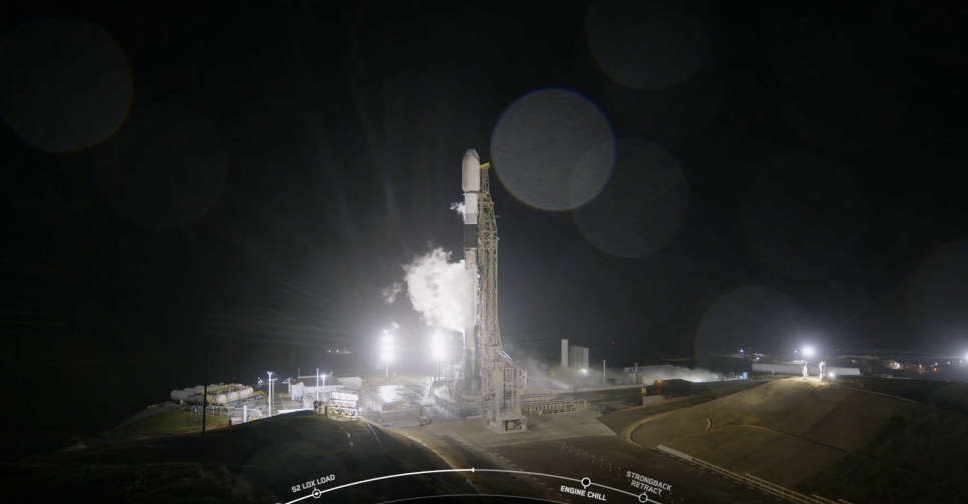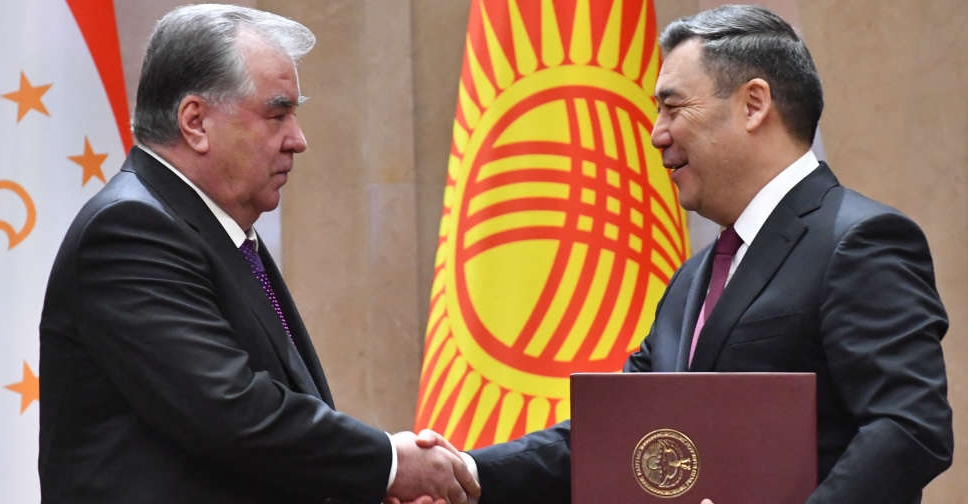
Oil prices dropped more than 4 per cent on Monday after Israel’s strikes on Iran, despite avoiding Tehran’s energy infrastructure.
Futures for global crude benchmark Brent slid 4.34 per cent to $72.75 a barrel, while U.S. West Texas Intermediate futures dropped 4.54 per cent to $68.52 per barrel.
Israel’s military conducted airstrikes targeting military sites around Tehran and western Iran on Saturday, while avoiding nuclear and energy infrastructure, in response to a barrage of projectiles launched into Israel by Iran on October 1.
The anticipated retaliatory strikes by Israel caused widespread fears of major regional escalation if it struck essential infrastructure. The US and other allies had urged Israel to exercise restraint in the lead-up to the recent attack.
Iran said the strikes caused “limited damage,” but killed four Iranian soldiers. Iranian President Pezeshkian said it would retaliate but does not seek war.
Oil prices increased after Iran’s October 1 ballistic missile attack, but decreased once again on October 7 after it was made clear Israel’s retaliatory strike would be limited.
Iran accounts for up to 4 per cent of global oil supplies, according to the U.S. Energy Information Administration.
Oil markets are reportedly dealing with an oversupply- ““With Israel deliberately, and perhaps with some American encouragement, avoiding the targeting of crude oil facilities, the oil market is back to looking at an oversupplied market,” Andy Lipow, president at Lipow Oil Associates told CNBC.
A response by Iran would result in an increase in risk premium as tensions in the region remain high.

 OpenAI and Musk agree to fast tracked trial over for-profit shift
OpenAI and Musk agree to fast tracked trial over for-profit shift
 Starship, carrying Tesla's bot, set for Mars by end-2026: Elon Musk
Starship, carrying Tesla's bot, set for Mars by end-2026: Elon Musk
 Tesla warns it could face retaliatory tariffs
Tesla warns it could face retaliatory tariffs
 Abu Dhabi Fund for Development launches luxury hotel project in Egypt
Abu Dhabi Fund for Development launches luxury hotel project in Egypt
 UAEFTS processes AED 19.89 trillion in transactions in 2024
UAEFTS processes AED 19.89 trillion in transactions in 2024




